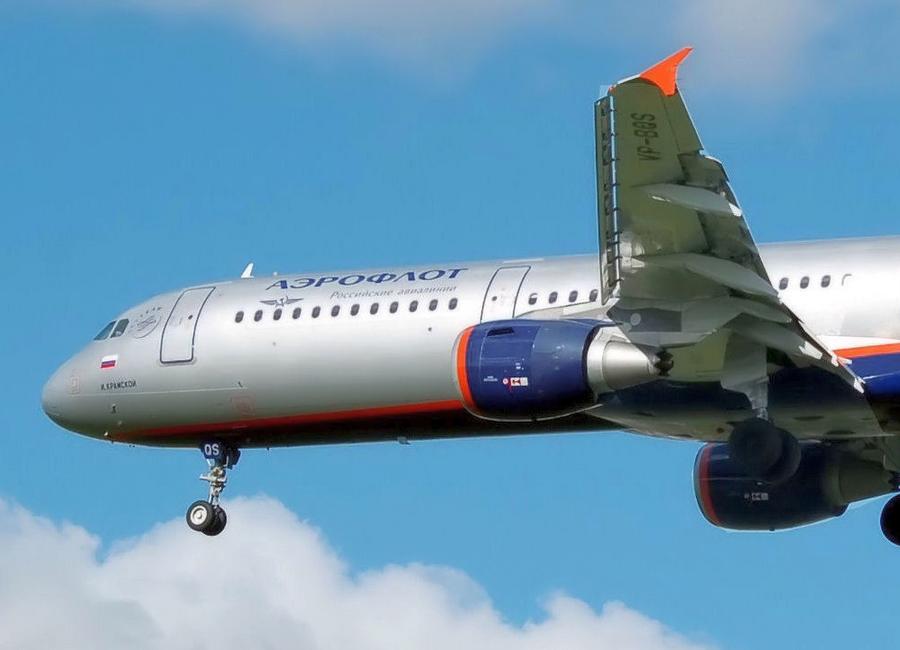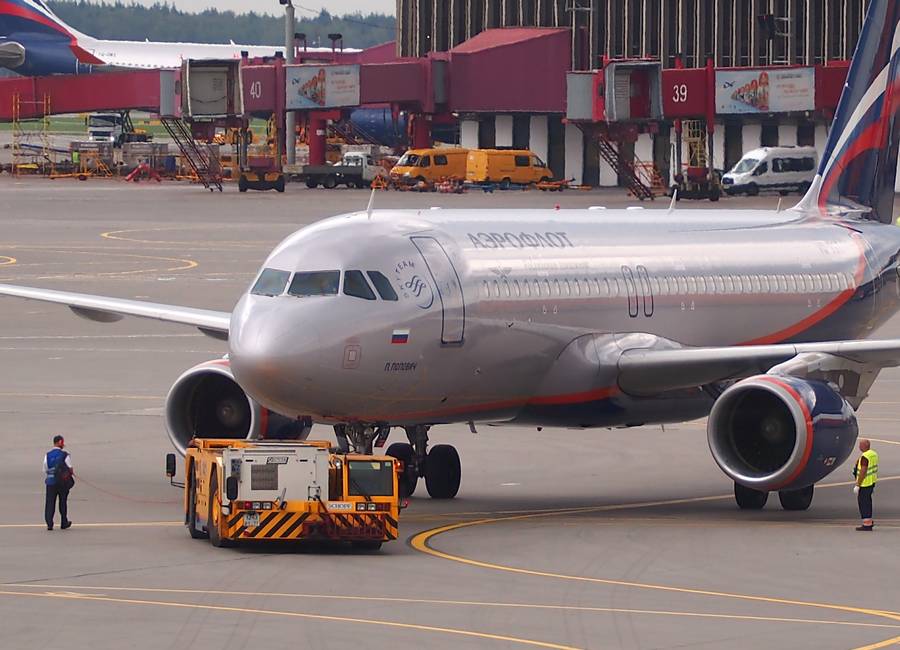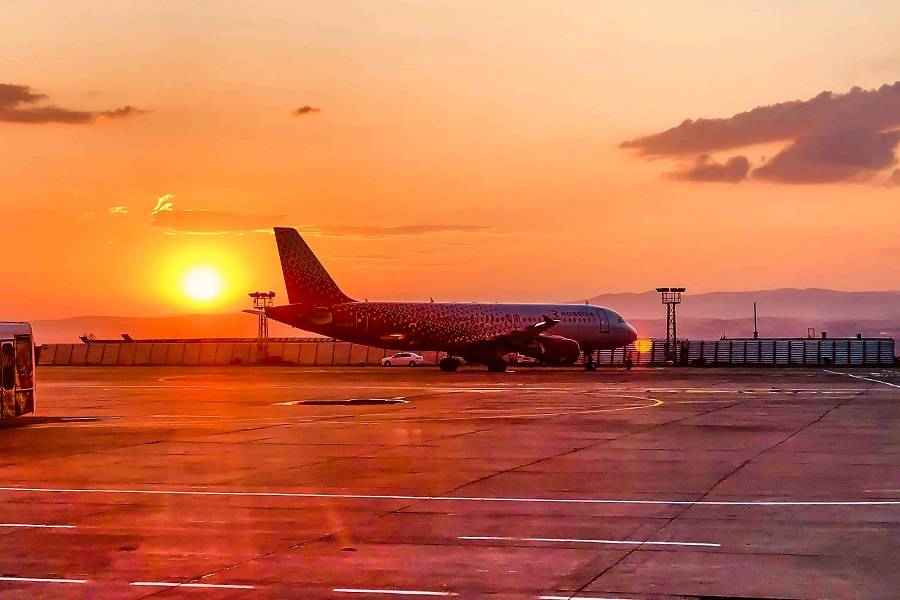Could the law allowing Russian airlines to seize and re-register leased aircraft be helping lessors who own them? A lessor thinks so. Kind of.
Just days ago, we saw that Vladimir Putin signed a law that affects lessor-owned aircraft, with Russian airlines. With the new law, these carriers can move lessor-owned aircraft into the Russian registry. The law could affect over 700 aircraft, with registrations in Bermuda and Ireland. Of these aircraft, 515 reportedly belong to foreign lessors.
In the eyes of many in the industry, the new Russian law amounts to a license for the airlines to seize aircraft belonging to lessors. The law followed dozens or even hundreds of contract termination notices from the lessors, demanding the return of their aircraft. It appears that few if any airlines responded positively to few if any lessors. There may be some exceptions, as we’ve seen.
But some see the matter slightly differently. We saw that at least two weeks ago, lessors tried to recover some of their aircraft before Russia could seize them. Some of these recovery efforts were successful. Others weren’t. Soon afterwards, the Russian aviation authority warned airlines in the country not to fly abroad.
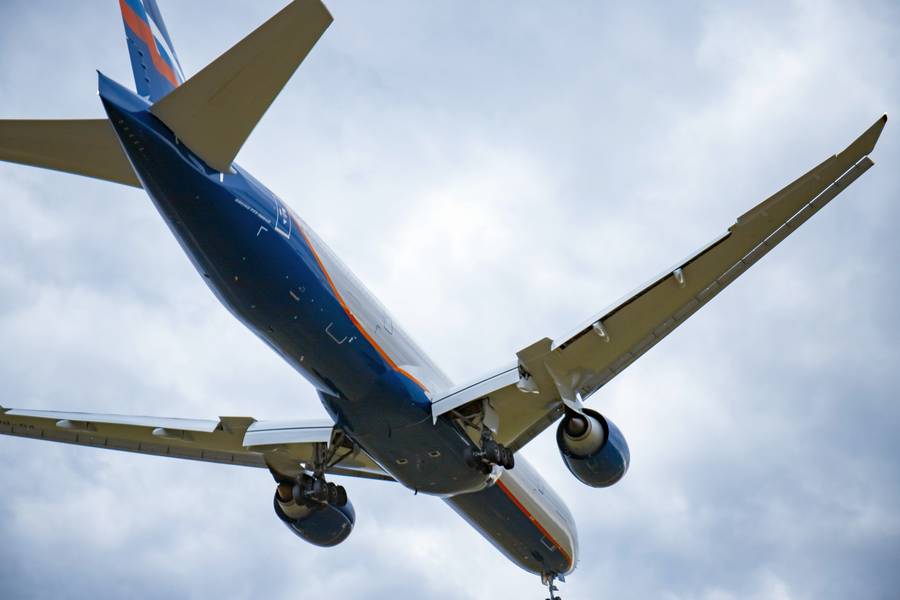
Airlines Seize Aircraft – Lessors Turning To Insurers?
Lessors and others took this to mean that Russian operators could seize their aircraft, rather than return them. And this raised the prospect of lessors losing hundreds of aircraft, with a book value in the billions of dollars. But crucially, this prospect came when we saw those early aircraft recovery attempts, two weeks ago.
So the law allowing airlines in Russia to re-register and effectively seize aircraft belonging to lessors, makes the situation clear. And this matters, because it allows lessors to make insurance claims for these aircraft. Steven Udvar-Házy, chairman of Air Lease Corp, made a statement explaining this:
“It [the law] helps the insurance question because it demonstrates the intent to confiscate which is, I think, a critical aspect of our war-risk insurance.”
In other words, the situation since the start of Russia’s invasion and the ensuing sanctions was too fluid for lessors to be able to make claims on their aircraft. But with this law, lessors can point to concrete evidence of an effort from Russia’s side to seize their aircraft. And this, according to Mr Udvar-Házy, is very significant when it comes to the insurance of hundreds of aircraft.
Lessors, Insurers And Governments?
Of course, this doesn’t really solve the industry’s problem. Someone will still have to pay for these aircraft. If Mr Udvar-Házy is right, a potential financial problem for lessors becomes a similar problem for insurers. Perhaps the silver lining is that insurers tend to be larger institutions, that are less likely (?) to collapse.
We could soon find out if Mr Udvar-Házy is right. AerCap recently informed insurers of a possible $1 billion loss. AerCap is the world’s largest lessor, with a fleet of over 2,000 aircraft. The company recently absorbed GECAS, General Electric’s leasing arm – until then the world’s second-largest lessor.
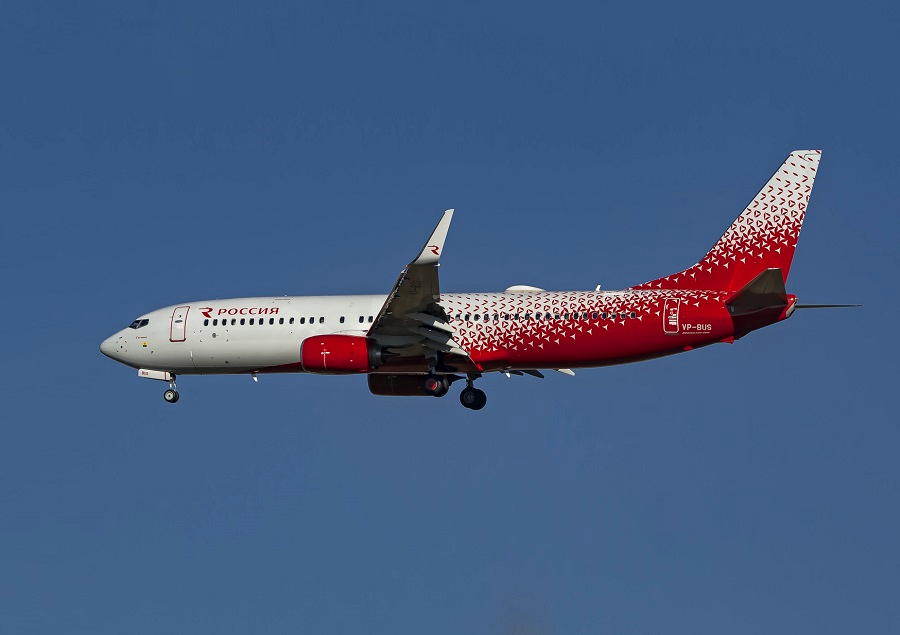
AerCap will publish its fourth-quarter results at the end of the month, potentially revealing more details. Also, Russia’s decision to seize aircraft belonging to lessors could lead to governments stepping in, to support lessors – or insurers. This won’t apply to these large lessors, however. But smaller companies, owning very few aircraft, would likely struggle to write-off a big proportion of their fleet, without collapsing.
In any case, these considerations show how Russia’s decision to seize these aircraft affects lessors, insurers and airlines. Russia’s decision to enact this law aimed “to ensure the uninterrupted functioning of activities in the field of civil aviation”. Some airlines have also made security deposits to lessors, for these aircraft. But more importantly, this situation makes it very difficult for Russian airlines to lease aircraft again, after this war.

